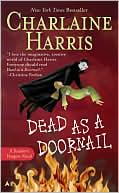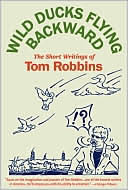 Ringworld is one of those books that is really cannon for the scifi genre. I've seen this book in the stores for pretty much my whole life. I've read references to it in countless reviews, and I'm really happy I finally got around to reading this fantastic book.
Ringworld is one of those books that is really cannon for the scifi genre. I've seen this book in the stores for pretty much my whole life. I've read references to it in countless reviews, and I'm really happy I finally got around to reading this fantastic book.Ringworld is the first novel in a series of books written by Niven and focusing on the discovery and exploration of a giant piece of highly-advanced technology in a far-away star system. This piece of tech, the ringworld, is a massive ring 1 million miles wide and 600 million mile circumference (1 earth orbit). The ring is covered with land, lakes, oceans, mountains and has three million times the area of earth. This valuable piece of tech, is of great interest to both the characters in the book and the readers of the book as well.
Niven's story is a lot of hard-scifi mixed with a light often humorous narrative. The descriptions of the technology that composes the ringworld are incredibly detailed. All the science feels completely plausable and Niven's creative descriptions of the ringworld and everything that's on it are a joy to read. The characters that populate the novel are all very unique and colorful; In addition to humans there is a two-headed alien with highly advanced techonology and a cowardly disposition and a giant space-tiger-humanoid with aggression issues. There are many laugh-out-loud moments in this book, particularly when the aliens are learning to tolerate each other's quirks.
The only real complaint that I have with this novel is the way it ends. The novel is fun to read, and the exploration of the ringworld in incredibly exciting, but the final conclusion feels very rushed to me. The plot is moving forward at a good clip, then the story just sort of stops. I actually wondered if my book was missing pages. I definitely wanted to know what happens next. This is really a matter of taste; I believe that all books, even ones that are part of a larger story, should have a distinct beginning, middle, and end. While ringworld has an end, I found it to be quite a let-down compared to the rest of the book, which I loved.
If you haven't read this book, definitely ad it to your shortlist, it's a must for any SciFi fan.





















